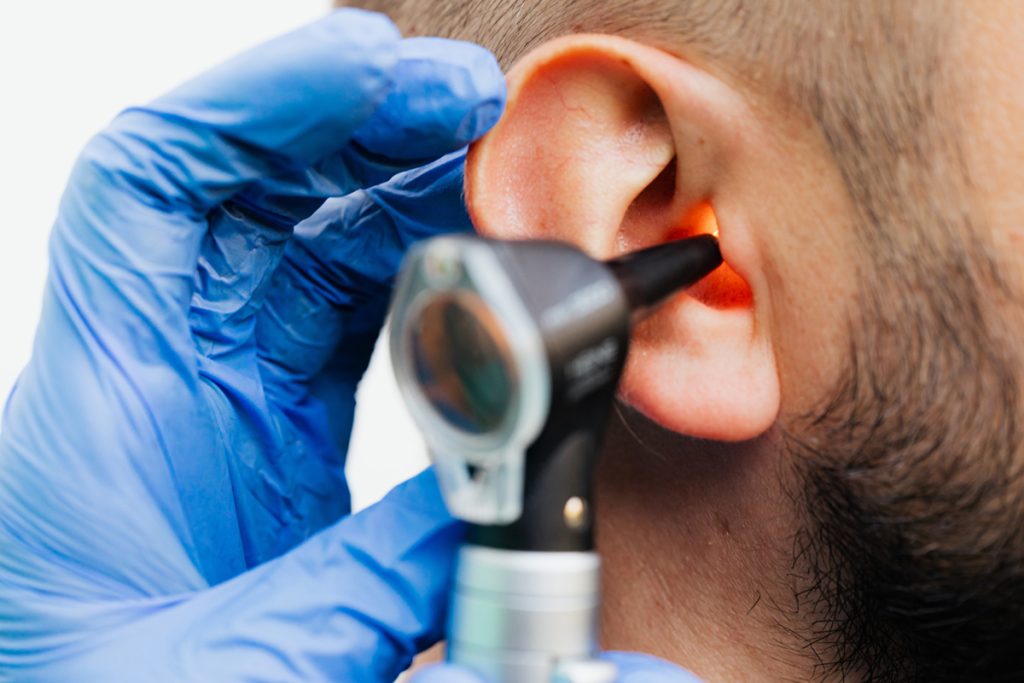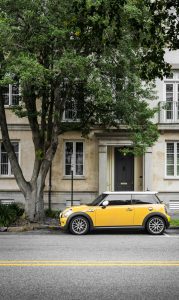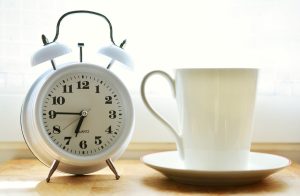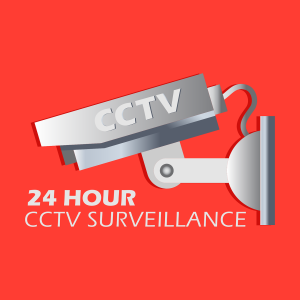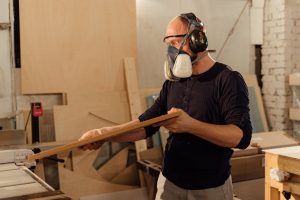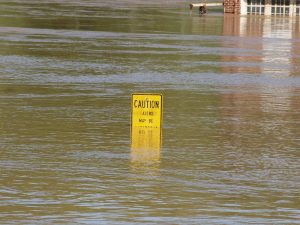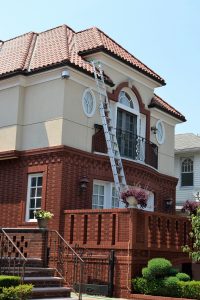Damaged hearing and hearing loss can occur at any age. Though most commonly associated with the elderly, hearing loss has now been found in nearly ten percent of millennials and seventeen percent of Gen Z, so it’s plain to see damaged hearing can impact anyone of any age.
Hearing loss can result from damage to structures and/or nerve fibers in the inner ear that respond to sound. This type of hearing loss, termed “noise-induced hearing loss” (NIHL), is usually caused by exposure to excessively loud sounds and cannot be medically or surgically corrected. Individuals who attend loud concerts or listen to music through headphones at high volumes are more susceptible to NIHL as are those who have jobs in noisy environments such as agriculture, mining, construction and oil or gas extraction. Recent studies show that about 5.2 million children and teens between ages 6 to 19 and 26 million adults between the ages of 20 and 69 percent of children and teens, ages 12 to 19, have signs of possible NIHL.
National Protect Your Hearing Month, also known as National Audiology Awareness Month, has been observed during the month of October since 2008 to educate folks on how to protect themselves from noise-induced hearing loss (NIHL). Hearing damage and loss from loud noise is permanent — and most people don’t notice their hearing is damaged until it’s too late. To help prevent NIHL, here are five simple lifestyle change tips that can have a significant impact on the way you hear for the rest of your life:
Use Earplugs.
When you know you’ll be around loud sounds, use earplugs. Disposable earplugs, made of foam or silicone, are often available at local pharmacies. They are practical because you can still hear music and conversation when they’re in your ears. But when they fit snugly, they are effective in adequately blocking out dangerously loud sounds.
Turn It Down.
When listening to smartphones and other electronics, keep them at a low volume. Importantly, limit your use of headphones and ear buds. Remember, it’s not just the volume that matters. It’s also the duration of time spent listening.
Limit Your Time in Noisy Environments.
Do all you can to limit the length of time you spend in a noisy environment. When you do participate in noisy activities, alternate them with periods of quiet. And remember to use ear protection
Plug Your Ears and Walk Away.
If a loud noise takes you by surprise, quickly plug your ears with your fingers and quickly walk away. Increasing the distance between you and the source of the sound will help reduce the intensity (or decibels) at which the sound is reaching your ears.
Get A Hearing Test.
If you have any reason to suspect hearing loss, visit a hearing healthcare professional to get your hearing tested.

